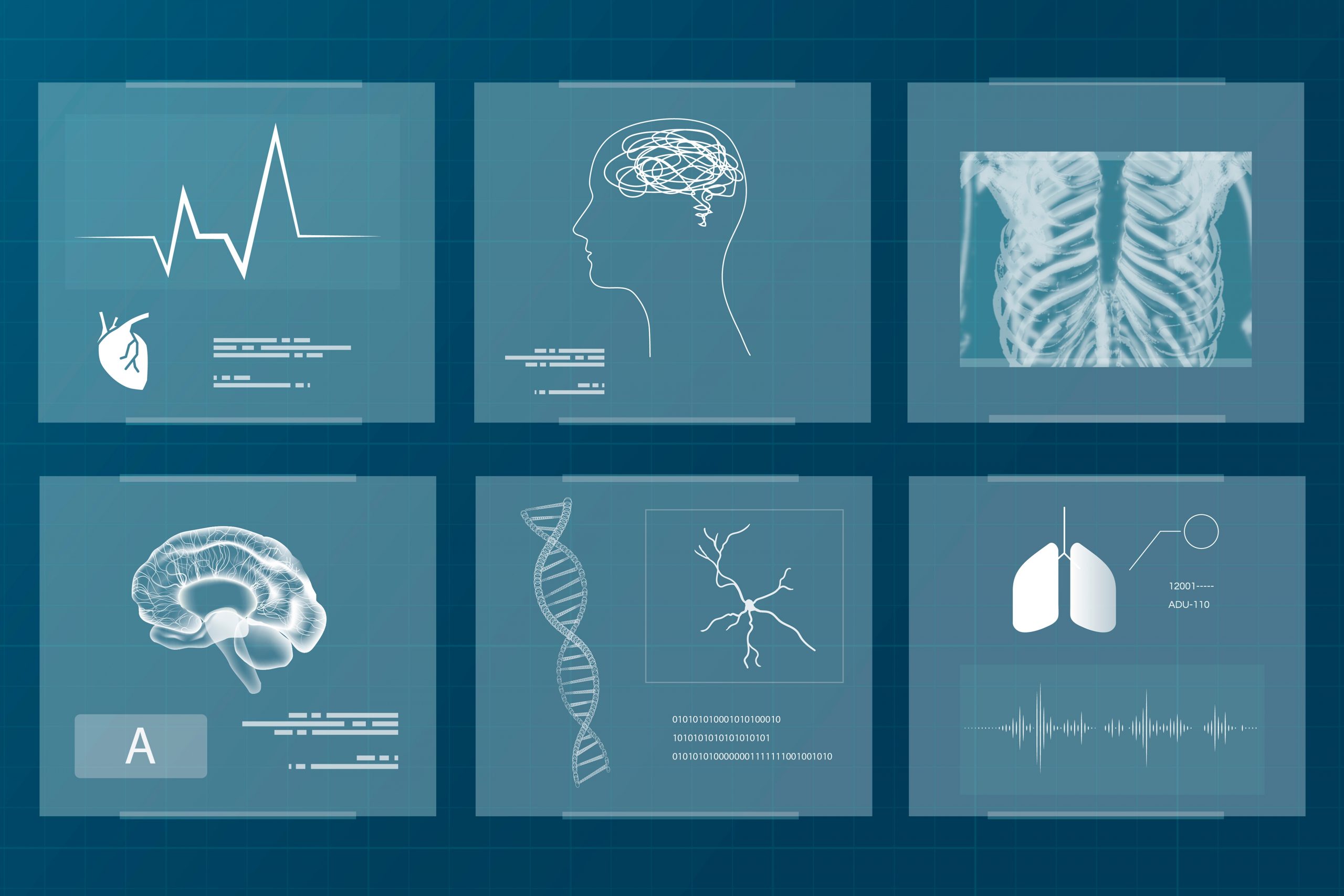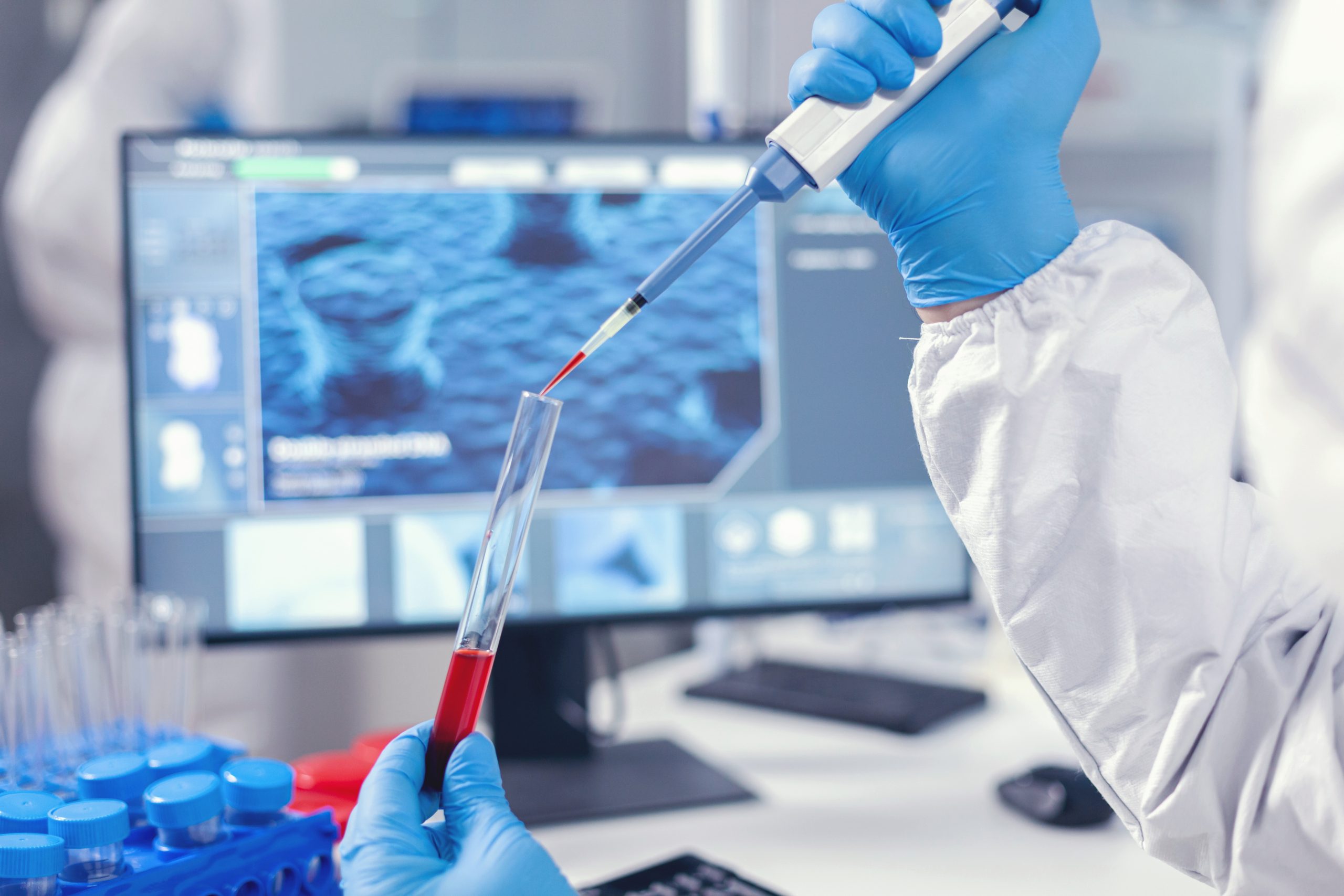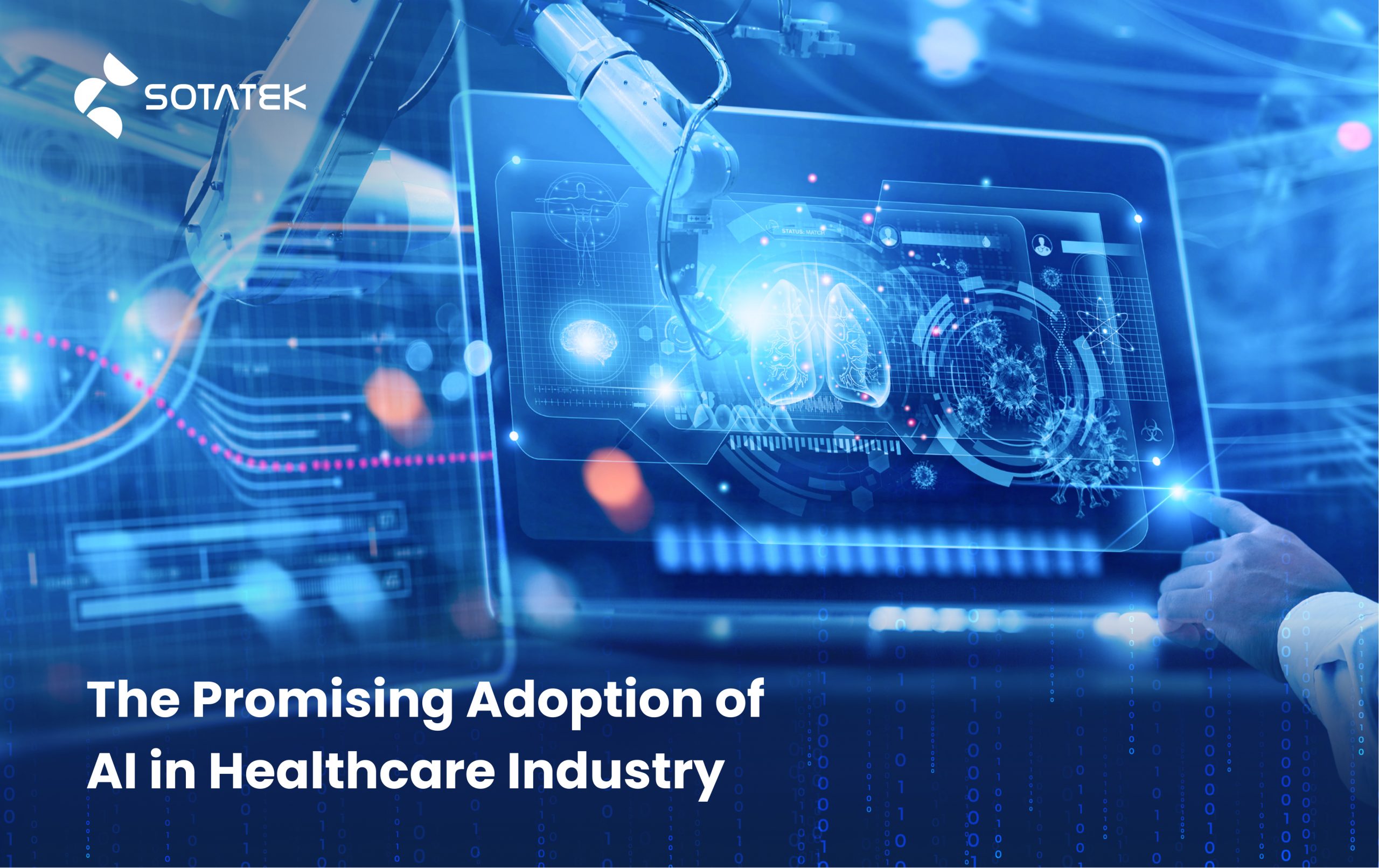In the last decade, artificial intelligence (AI) has emerged as the most powerful agent of change in the healthcare industry. From diagnosis and risk assessment to treatment procedure selection, healthcare organizations have numerous opportunities to use AI to provide more impactful, efficient, and precise interventions to their patients. According to PwC, the AI market for healthcare applications will grow from $663.8 million in 2014 to $6.7 billion in 2021. This increased demand is correlated with a significant increase in the complexity and abundance of data. AI can be extremely beneficial to both patients and providers when used in the following areas: improving care, chronic disease management, early risk identification, and workflow automation and optimization. If you want to learn more about AI in Healthcare, let’s keep reading!
1. Benefits of AI in Healthcare
Offer user-centered experiences: With AI, healthcare organizations can find insights faster and more accurately using huge databases and machine learning, resulting in improved satisfaction both internally and with those they serve.
Increase operational efficiency: AI technology can assist healthcare organizations in making the most of their data, assets, and resources by examining data patterns, increasing efficiency and improving the performance of clinical and operational workflows, processes, and financial operations.
Bring disparate healthcare data sources together: Healthcare data is frequently fragmented and in multiple formats. Organizations can connect disparate data sets using AI and machine learning technologies to create a more unified picture of the people behind the data.
2. How is AI Used in Healthcare?
a. Diagnosis and Visual Data
Due to the fact that cutting-edge technology is well suited to manage exceptional events like uncommon diseases, the majority of hospitals and clinical institutions search for a custom software development company to employ AI in medical diagnosis. Unlike most human healthcare professionals, this Artificial Intelligence Technology excels in advanced pattern detection on a greater variety of anomalies. Therefore, doctors do not need to spend consecutive hours diagnosing unusual diseases, instead, allow them to solve more complex issues and care for more patients.

Many clinical instituitions employed AI in medical diagnosis
However, because machines are unable to read between the lines, it is highlighted that AI machines require strong data processing and thousands of cases in order to learn. However, after learning, AI and Machine Learning may identify signs of diabetic retinopathy in the eye, skin lesions in the skin, and cardiac MRI pictures to identify lung cancer, sudden cardiac death, or other heart disorders.
b. Drug Discovery
Another adoption of AI in Healthcare can be Drug Discovery. Drug discovery is typically a very manual, expensive, time-consuming, and fruitless procedure. However, with the use of AI technology, it is possible to speed up the protracted recovery procedures associated with creating or discovering new treatments and bringing them to market.
There are three basic phases in drug creation. The first step is to identify intervention targets by understanding the disease's biological origin. Good targets for treating the disease, primarily proteins, must be identified and it is possible thanks to Machine learning algorithms. The following stage is to identify drug candidates for which AI & Machine Learning can learn to predict the appropriate molecular structure. The algorithm can assist in identifying patterns that distinguish between good and bad candidates.

AI can be adopted in Drug Discovery
c. AI in Telemedicine
AI in Healthcare can be used for Telemedicine, which allows physicians and patients to connect regardless of where they are. Among various types of Telemedicine, wearable devices, which are used to monitor health, are the most notable use cases. Wearable devices can monitor and collect data on a variety of factors, including heart rate, calories burned, steps taken, blood pressure,... These devices allow for continuous monitoring of a patient and the ability to detect changes that humans may miss. The information collected by the devices can be compared to previous data and other data using artificial intelligence, which may alert the doctor in a critical situation.
Another use case is AI Chatbot, which is used in Healthcare software development. Using a machine learning algorithm and Natural language processing, this chatbot can be utilized to support patients and answer their basic questions when staff are not available. Chatbot development will not only improve care delivery, but will also result in significant healthcare cost savings and better patient care outcomes.
3. Barriers When Adopting AI in Healthcare
Compliance with regulations: The sharing of data across multiple databases poses significant challenges to HIPAA compliance, and extreme caution must be exerted in these areas if future developments are to succeed. Inexperienced developers may not know how to comply with HIPAA, so hospitals must find a trusted Tech Partner to apply AI.
Data privacy concerns: Privacy within healthcare is an important factor that is extremely sensitive and thus confidential. Systems should be placed in such a way as to ensure complete data privacy and protection from hackers. However, privacy concerns should not prevent AI from being used in healthcare. In fact, AI technology can assist in the security of healthcare data.
Budget constraints: Operating efficient hospitals and healthcare facilities requires effective resource management, the most important of which are budgets. Though budgetary considerations may drive AI interest, the fact remains that hospitals do not have extra funds to throw around. According to a 2020 survey, 76% of respondents said that budgetary concerns prevented their business from investing in AI.
4. Final Thoughts
To summarize, AI is already assisting us in more efficient tasks such as drug development, medical assistant, etc. The more we digitize and process our medical data, the more we can use AI to help us find valuable patterns in analytical processes and make accurate, cost-effective decisions.
Are you in need of AI Development Companies? 1000+ SotaTek experienced engineers will be your good choice. As a leading Software Development Company in APAC, SotaTek provides a wide range of professional technical services based on Artificial Intelligence (AI), Data Analysis, and Machine Learning. We create optimized solutions for any business challenge by integrating technologies. We can provide IT services for Logistics, Retail, Finance, eCommerce, Education, and other industries in addition to Healthcare. So, if you have any ideas for AI-powered solutions, share them with us right away!



